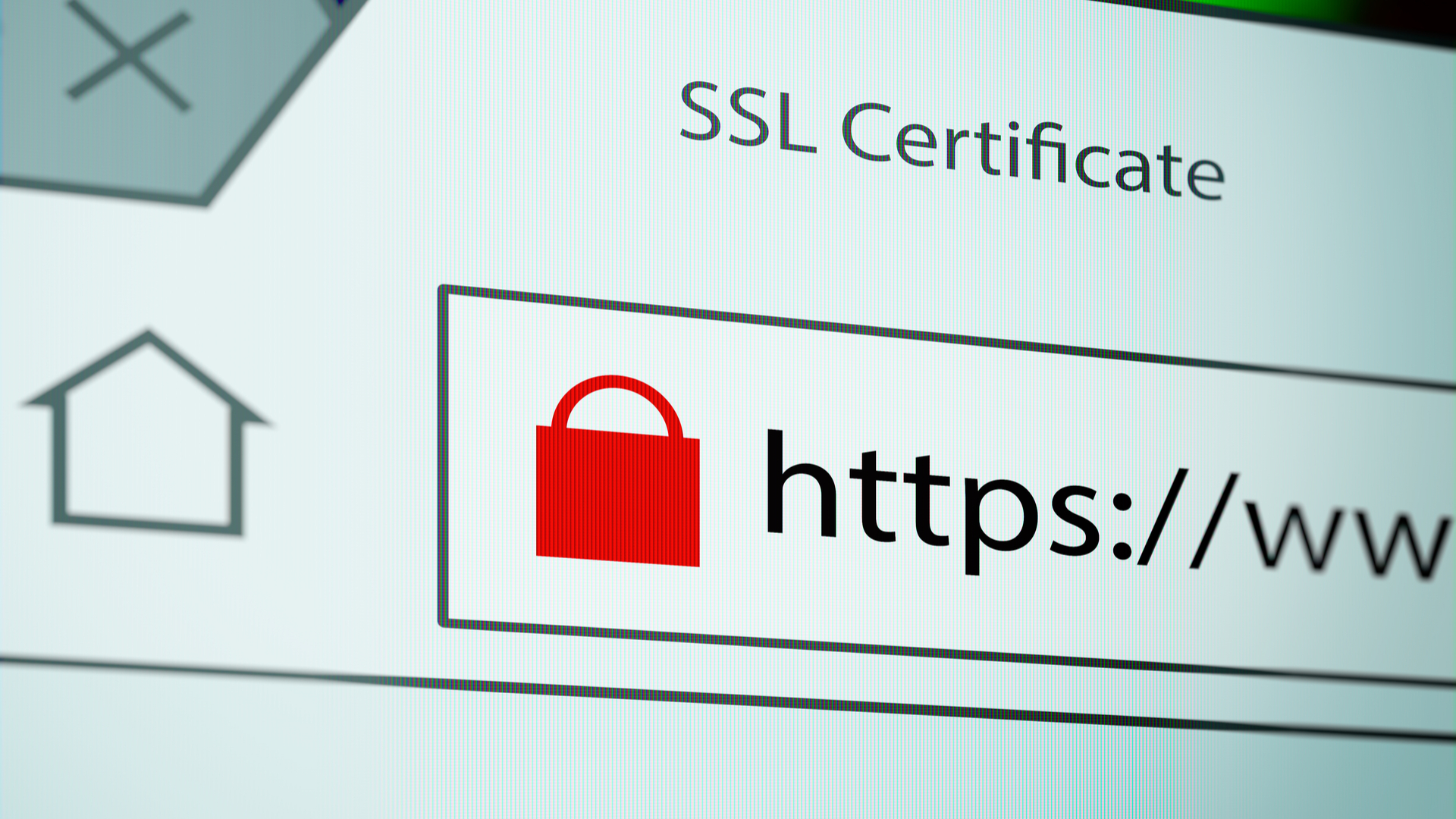Microsoft Exchange admin portal taken offline due to expired certificate
This isn't the first time an expired SSL/TLS cert has downed a service


Sign up today and you will receive a free copy of our Future Focus 2025 report - the leading guidance on AI, cybersecurity and other IT challenges as per 700+ senior executives
You are now subscribed
Your newsletter sign-up was successful
Microsoft's Exchange administration portal was offline over the weekend after the company failed to renew an expired SSL/TLS certificate.
Bleeping Computer reported that Exchange administrators were unable to access the site on Sunday morning. They encountered an error page explaining that their connection was not private. At the time, Qualys Labs reported the certificate associated with the site expired at 8 am Eastern Time on Sunday, but Microsoft has since fixed the problem.
Twitter user Tzatl tweeted at the company on Sunday, asking: "Did you guys really forget to renew a certificate?" Microsoft responded that it had isolated the problem and was applying a fix, referring users to entry EX257883 under its service health dashboard.
The issue provoked some teasing from users on Twitter. "Someone done goofed," replied one user, along with a picture of the untrusted certificate report from Digicert Cloud Services.
This isn't the first time a large technology company has downed a service by forgetting to renew a certificate.
Last month, Epic Games accidentally allowed a certificate used across many of its internal-facing services to expire. That took account logins offline for many of its most popular games, including Fortnite.
RELATED RESOURCE

Enabling operational resiliency with Veritas
Boost your DX goals with data and infrastructure insights
In February, Google Voice went offline temporarily after a certificate went out of date. In November, GitHub's home page went down after a certificate responsible for accessing information from a content distribution network expired. Last August, Spotify let a TLS certificate lapse, leaving users without music.
Sign up today and you will receive a free copy of our Future Focus 2025 report - the leading guidance on AI, cybersecurity and other IT challenges as per 700+ senior executives
Secure Socket Layer (SSL) has evolved into its successor, Transport Layer Security (TLS). Both are cryptographic protocols that provide secure connections between two endpoints. An SSL/TLS certificate enables a website to prove its identity with a trusted third-party certificate authority (CA).
Certificate management is likely to become more problematic following a change to certificate longevity last September. Apple, Google, and Mozilla all imposed a maximum 398-day lifetime on certificates from September 1, 2020 in a bid to limit the time a site can use a compromised certificate. This continues a trend of shortening certificate lifespans, which stood at 60 months in 2012, 39 months in 2015, and 27 months in 2018.
In its 2021 State of Machine Identity Management Report, Keyfactor found that 88% of companies had experienced at least one unplanned certificate outage in the prior two years.
Danny Bradbury has been a print journalist specialising in technology since 1989 and a freelance writer since 1994. He has written for national publications on both sides of the Atlantic and has won awards for his investigative cybersecurity journalism work and his arts and culture writing.
Danny writes about many different technology issues for audiences ranging from consumers through to software developers and CIOs. He also ghostwrites articles for many C-suite business executives in the technology sector and has worked as a presenter for multiple webinars and podcasts.
-
 ITPro Best of Show NAB 2026 awards now open for entries
ITPro Best of Show NAB 2026 awards now open for entriesThe awards are a fantastic opportunity for companies to stand out at one of the industry's most attended shows
-
 Mistral CEO Arthur Mensch thinks 50% of SaaS solutions could be supplanted by AI
Mistral CEO Arthur Mensch thinks 50% of SaaS solutions could be supplanted by AINews Mensch’s comments come amidst rising concerns about the impact of AI on traditional software
-
 Has ComodoHacker signalled the end of the CA system?
Has ComodoHacker signalled the end of the CA system?News The CA system has come under fire after ComodoHacker causes carnage, but what is the alternative?
-
 Google rolls out SSL search
Google rolls out SSL searchNews After showing how many wireless networks are vulnerable by infiltrating them, Google has offered to at least keep your web searches safe from prying eyes.
